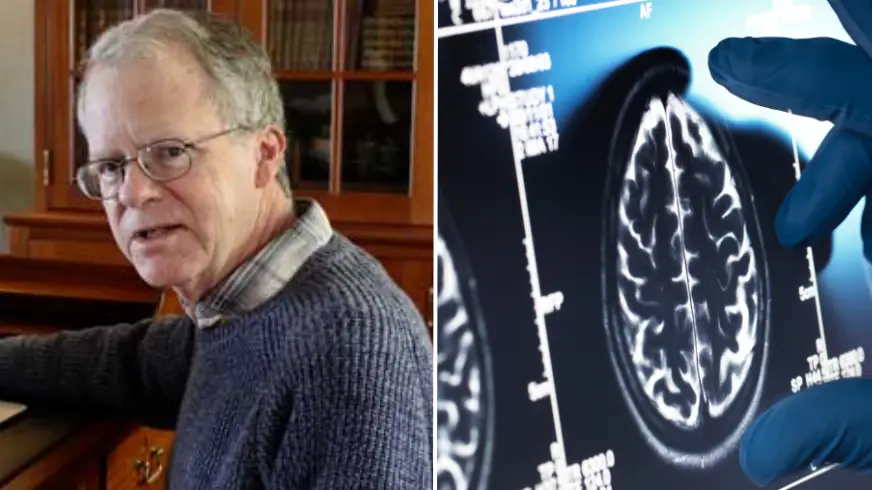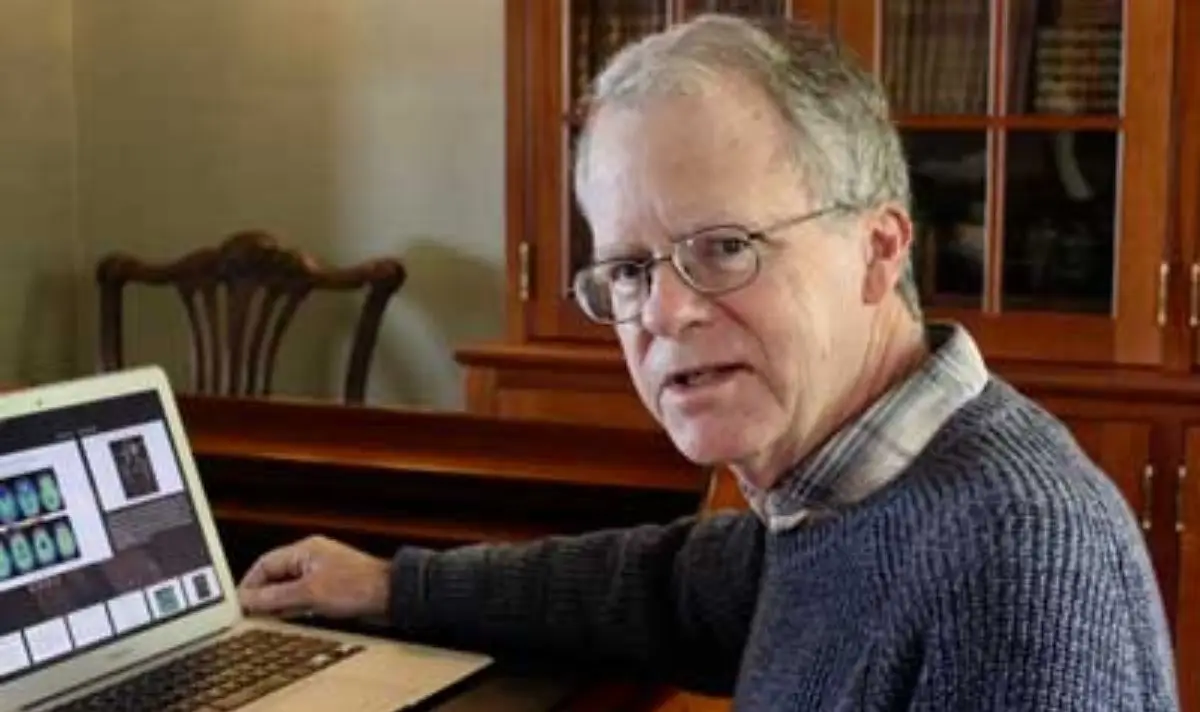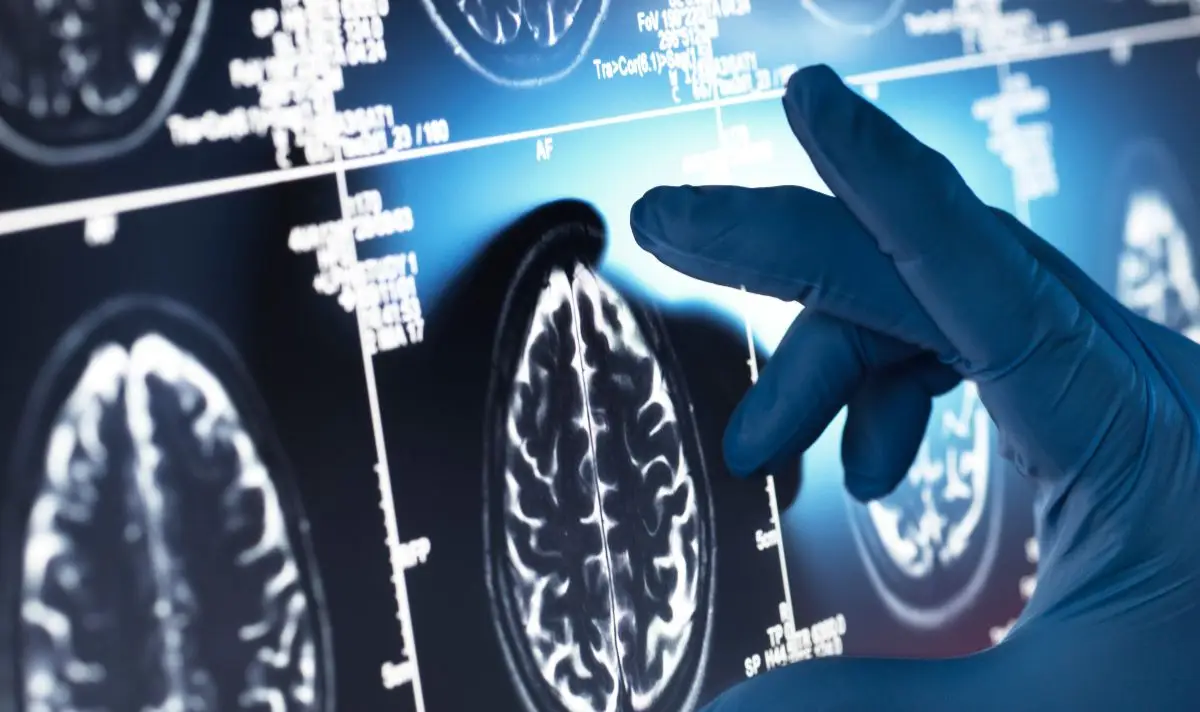
Warning: This article contains discussion of Alzheimer's Disease and dementia which some readers may find distressing.
A former medical expert who successfully diagnosed himself with Alzheimer’s has given a stark warning to young people who tend to ignore serious health symptoms.
According to the NHS, Alzheimer’s disease is the most common type of dementia in the UK.
The brain condition, which causes a gradual decline in brain function and negatively affects memory and behaviour, is one that ex-leading neurologist Dr Daniel Gibbs was diagnosed with in 2015.
Advert
In a recent interview with The Daily Mail, the 72-year-old recounted how losing his sense of smell in his fifties made him predict a dementia diagnosis in the future.

Due to his years working as a medical doctor, Dr Gibbs was already aware that ‘almost all people with Alzheimer’s have at least some impairment of smell’, but that ‘most are not aware because it comes on so gradually’.
Knowing it was too early to get a solid diagnosis, he kept an eye on this symptom before later undergoing genetic testing in 2012.
The results concluded that he was likely to develop a type of dementia, with it being understood that this was due to him possessing two copies of the APOE4 gene.
Alzheimer’s Research UK has said that those who inherit two copies of this risk gene have a very high chance of developing Alzheimer’s at some point in their life.
However, Mayo Clinic states that just because you have these genes, it doesn’t mean you’re going to develop Alzheimer’s.
Three years on from gaining the results of his genetic test, Dr Gibbs was officially diagnosed with the cognitive disease.
In an interview with Butler Hospital, the Portland native has implored young people who believe their symptoms may be related to dementia to get checked out by a professional.
He claims recognising his loss of smell and to find out about his APOE4 status via a genetic test led him to be diagnosed ‘very early’.

“It was surprising and frightening at first, but it has allowed me to be proactive,” he explained. “Now, 13 years after my first symptom, I’m still doing well.
“My argument is that one of the benefits of finding out your genetic risk or getting an early diagnosis is it really gives you a kick in the butt about actually doing those things,” he says.
Since being diagnosed with Alzheimer’s in 2015, Dr Gibbs has gone on to take part in Alzheimer’s research studies and clinical trials.
“I loved being in the studies," he confessed. "I felt like I was making a contribution, even in studies where it might not have turned out to be successful for me,” he said.
Meanwhile, he’s implemented an array of lifestyle changes in an effort to prolong his life.
These changes include a gentle exercise regime consisting of Tai Chi practice, eating a variation of the Mediterranean-style diet and reading between two and three books per week.
If you've been affected by dementia or Alzheimer's and would like to speak with someone in confidence, contact the Alzheimer’s Society via 0333 150 3456 or visit their website for more information.
Topics: Health, Mental Health, UK News, Science, Cancer
